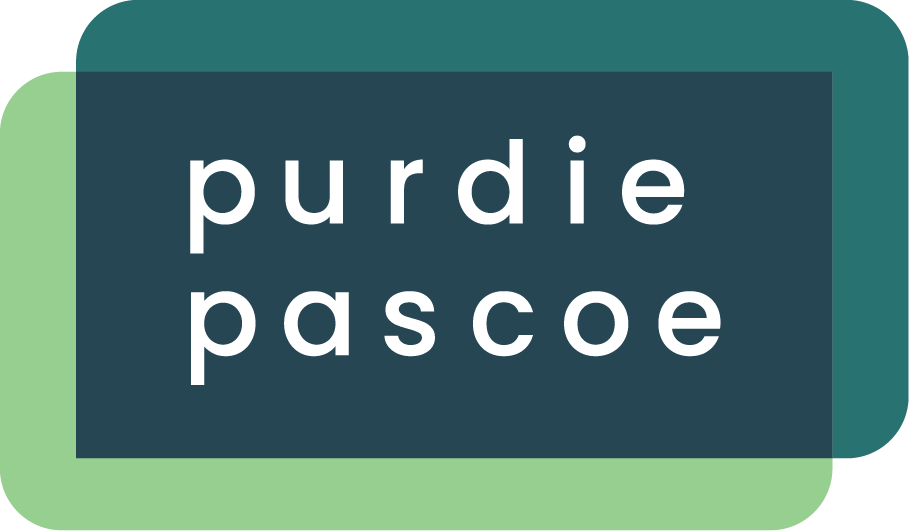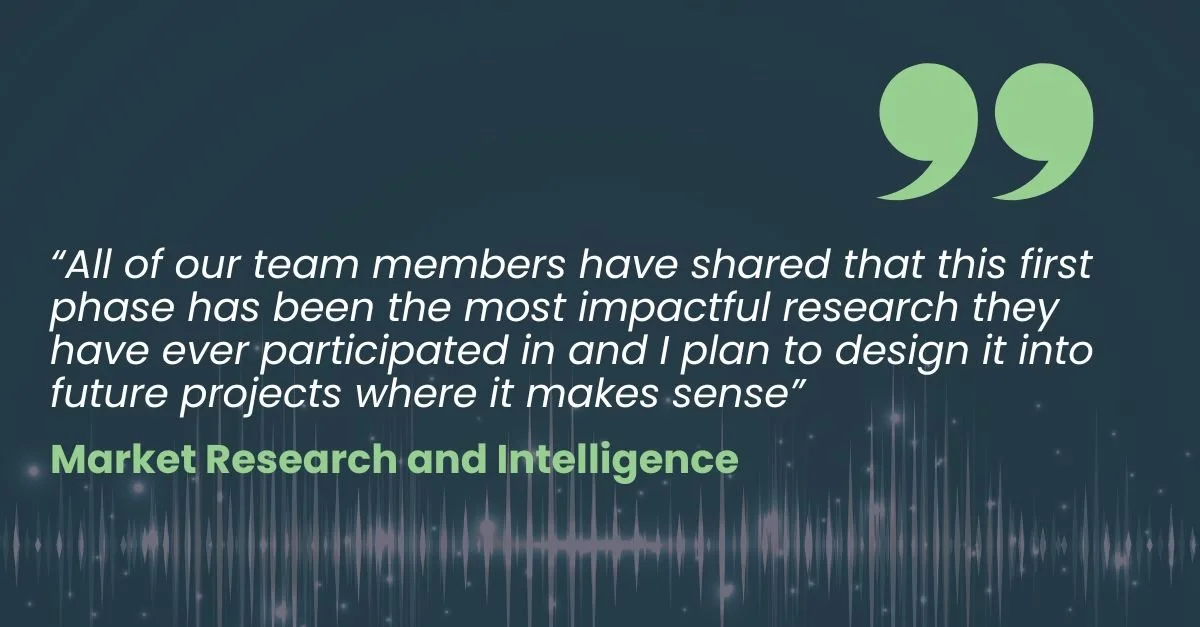The Delphi Method: Strengthening your Value Proposition Through Collective Intelligence
Authors: Sabera Hyderally and Hazel Haskayne
Origins of the Delphi Method
The Delphi Method was developed by Olaf Helmer and Norman Dalkey at the RAND Corporation to address the limitations of traditional techniques for answering complex questions. Initially designed to forecast the impact of technology on warfare, this method involved asking a group of experts to provide their opinions on various scenarios. Through iterative rounds of questioning and feedback, they achieved consensus, giving birth to the Delphi Method.
Leveraging the Delphi Method in Market Research
The Delphi Method is a structured, iterative approach that can be effectively used to achieve consensus in market research. It often involves surveys or discussions and is characterised by its systematic nature. This method allows for the free expression of opinions and beliefs, minimising the influence of dominant voices. The iterative process enables experts to refine their responses, leading to consensus. Feedback at each stage ensures that experts are aware of the majority sentiment, allowing them to reassess their positions. This method has been widely adopted and can be used in market research to forecast trends, make decisions, and develop strategies.
Practical Applications: A Real-World Case Study
In 2020, a client developed a message platform to communicate their commitment to US investments in manufacturing, distribution and to address drug shortages. They sought to test the performance of their current messaging and explore new options. Given the sensitivity of the subject, it was crucial to listen to the challenges faced by their key audience and understand their perceptions.
We developed an engagement with structured phases, with the Delphi Method embedded within the design. The first phase involved one-on-one tele-depth interviews with senior pharmacists across various hospital types. The conversations were organic, allowing respondents to feel heard. The feedback from this phase was used to refine the messaging.
A workshop was then held to align on the messaging, addressing the feedback from the first phase. Our client gained valuable insights into the emotional truths and misperceptions held by their audience. The refined messaging was then tested in a second phase, which also yielded rich emotional insights. The commitment to revealing findings from the first phase and the evidence that the sponsor had listened to them drove the respondents' engagement. This has been a tremendous piece of research and we’re about to move into quantitative testing where we will validate the results from the qualitative phases.
Qualitative Perspective
From a qualitative perspective, it is so important to have the opportunity to reflect on how difficult but gratifying it is to hear from respondents that they enjoy being listened to and asked to come back and contribute further. Being part of building a solution that ultimately benefits them and addresses a need or gap is incredibly rewarding. Ingrained in all of us is the desire to please, by using the Delphi Method individuals can genuinely feel value that they deliver to the process. When respondents feel valued, they are more likely to contribute meaningfully, leading to higher quality and richer connections through the development of meaningful communications and interventions.
Conclusion
The Delphi Method is a powerful tool for achieving consensus on complex topics. If you want to learn more about how this method can be applied in your market research needs, contact our experts Sabera Hyderally and Hazel Haskayne, who would be delighted to provide further information.

